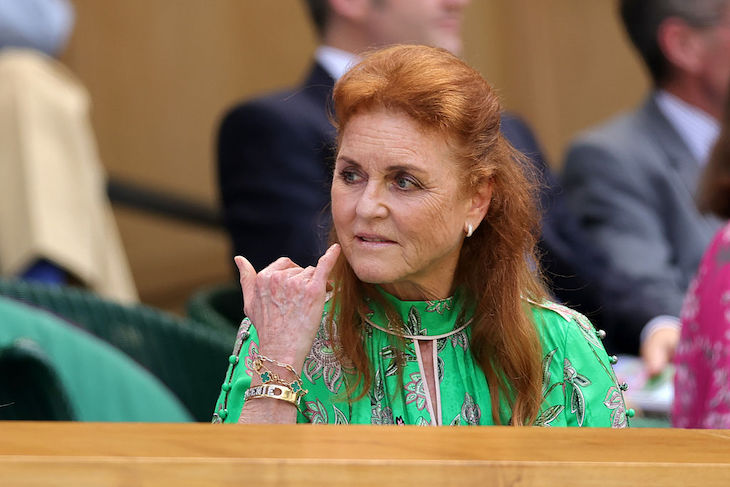Sir Keir Starmer, the man often dubbed ‘Mr. Rules’ for his reputation as a stickler for ethical conduct, now finds himself facing an ethics probe over undeclared gifts. The accusations concern luxury suits gifted to Starmer and dresses for his wife, Victoria, reportedly paid for by Lord Alli, a Labour peer and supporter. Starmer’s team failed to declare the gifts given to Lady Starmer, a mistake apparently made after receiving incorrect advice from Downing Street. The suits themselves were declared in line with parliamentary rules, but the same was not true for the dresses. Now, questions are swirling as the Prime Minister scrambles to explain the late declaration.
This recalls a rather similar episode in France. François Fillon, the once-promising conservative candidate in France’s 2017 presidential election, faced a scandal involving luxury suits and watches – gifts from wealthy benefactors that were only belatedly revealed. Fillon’s downfall offers a cautionary tale for public figures who allow even seemingly minor ethical lapses to tarnish their reputations.
The handling of these gifts became emblematic of larger questions about integrity
Fillon was the poster child of conservative Catholic integrity. His campaign emphasized morality and transparency, positioning him as a clean candidate in contrast to others. However, that moral high ground began to crumble when it emerged that Fillon had accepted luxury suits worth tens of thousands of euros from a high-end Parisian tailor. These were not mere sartorial gifts – they became a symbol of what his critics saw as elite privilege and personal indulgence.
As it turned out, the suits were only the beginning. Investigations soon revealed that Fillon had also employed his wife, Penelope, in a ‘fake job’ as a parliamentary assistant, paying her over €680,000 in public funds (£574,000) for work that was allegedly never performed. This scandal, now known as ‘Penelopegate’, obliterated Fillon’s chances of becoming president, and permanently stained his political career. The suits, watches, and allegations of misuse of public money all came together to tell a story of a politician who had lost touch with the values he claimed to uphold.
Now, before drawing too many direct comparisons, let me clarify: Starmer’s situation has not, of course, reached the scale of Fillon’s. The British Prime Minister is not accused of misusing public funds or providing a fake job to his wife. The issue here is limited to a failure to declare clothing gifts for his wife in the proper way – a procedural oversight rather than a broader pattern of ethical misconduct.
However, it is worth considering the parallels between the two cases, especially regarding their reputations. Like Fillon, Starmer has built much of his political brand around being the ‘clean’ candidate. He is the man who will restore transparency, propriety, and order after years of political turmoil. He came to power promising to uphold ethical standards after scandals involving his predecessors. But as Fillon’s case shows, minor slip-ups can rapidly escalate, eroding public trust and giving ammunition to political opponents.
Both men were beneficiaries of high-profile gifts – suits for Fillon, dresses for Lady Starmer – and in both cases, the handling of these gifts became emblematic of larger questions about integrity. Fillon, after all, did not fall because of the suits alone, but because they opened the door to further inquiries into his conduct. Similarly, Starmer’s clothing scandal could have ripple effects, especially as his political rivals look for any crack in his carefully cultivated image.
What ultimately felled Fillon was the sheer disconnect between his public image as a man of integrity and the reality of his actions behind closed doors. This disconnect between image and reality can be politically fatal, as we often place higher expectations on candidates who present themselves as moral figures. The suits were a relatively minor issue, but they became the key that unlocked a much bigger scandal about integrity and transparency.
Starmer, while not facing a comparable scandal, would do well to heed this lesson. Luxury gifts, no matter how small, always come with strings attached – if not legally, then at least in the court of public opinion. It’s not just about following parliamentary rules to the letter; it’s about whether the public perceives their leaders to be truly committed to the values they espouse. Fillon’s suits became a metaphor for his downfall.







Comments